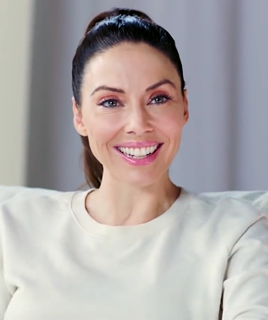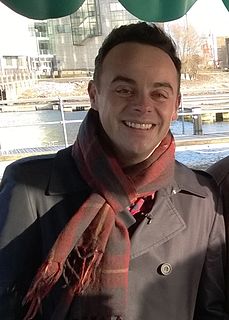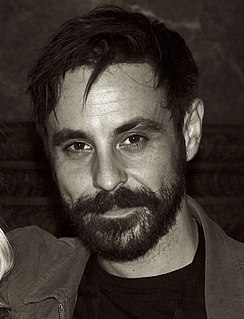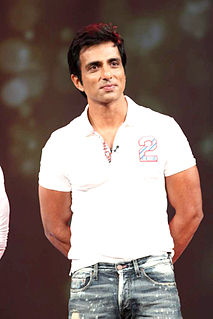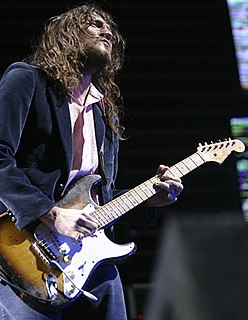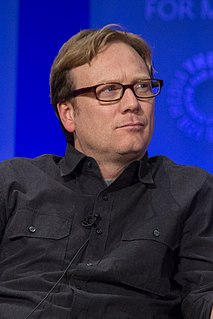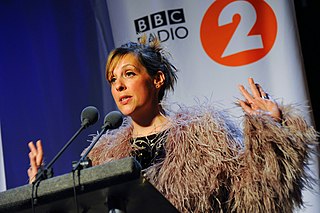A Quote by Ainsley Harriott
Shouting on TV feels like it almost gives viewers licence to do it in real life.
Related Quotes
If you sit in on a film class with students, their big complaint is "That's not like real life." They don't realize that they don't really want to watch real life. They don't want to sit and watch a security camera. There's a strong gravity in all of us as viewers - even in myself now and then - to want to see real life depicted. But you're looking for it in the wrong places. It's in little allegories, in something removed.
I can also be very happy in this life, but it's usually happiness that I get from other lives I've lived and other dimensions. This life is hardly important to me. It's very small compared to the importance that I think the fourth and fifth dimension have. Those places are much more real to me, like when you have a dream and it's more real to you than real life. Compared to where I'll be going, this life seems like a dream that just feels like a dream.
People can now get to see anything they want, in any shape or form, anywhere, on laptop, iPad or 'phone. What's not controllable, though, is the live element. So there's still a real thrill for TV viewers in watching actors pulling it all together and performing live, and a real challenge for the actors.
I believe that the major operating ethic in American society right now, the most universal want and need is to be on TV. I've been on TV. I could be on TV all the time if I wanted to. But most people will never get on TV. It has to be a real breakthrough for them. And trouble is, people will do almost anything to get on it. You know, confess to crimes they haven't committed. You don't exist unless you're on TV. Yeah, it's a validation process.

